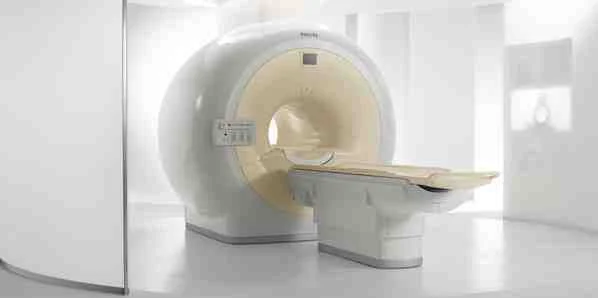A recent study of 2,000 adults reveals that a build-up of plaque in the body’s major arteries is associated with mild cognitive impairment. The study was conducted at the University of Texas (UT) Southwestern Medical Center and will be presented next week at the annual meeting of the Radiological Society of North America (RSNA).
"It is well established that plaque build-up in the arteries is a predictor of heart disease, but the relationship between atherosclerosis and brain health is less clear," said Christopher D. Maroules, MD, radiology resident at UT Southwestern Medical Center in Dallas. "Our findings suggest that atherosclerosis not only affects the heart but also brain health."
Atherosclerosis forms a substance called plaque that can build up and limit blood flow. It can occur in any artery of the body including the carotid artery that supplies blood to the brain, and the coronary arteries and the aorta which carry oxygenated blood from the heart through the abdomen to the rest of body.
Test results of 1,903 patients from the Dallas Heart Study, a multi-ethnic population-based study of adults from Dallas County, Texas, were analysed in this study. Participants included both men and women with no symptoms of cardiovascular disease and with a mean age of 44 years.
All participants completed the Montreal Cognitive Assessment (MoCA), a 30-point standardised test for detecting mild cognitive impairment, and underwent MRI of the brain to identify white matter hyper-intensity (WMH) volume.
The participants also underwent imaging exams in order to measure the build-up of plaque in the arteries in the three distinct vascular areas of the body. The exams included an MRI to measure wall thickness in the carotid arteries and the abdominal aorta, and a CT scan to measure coronary artery calcium.
The researchers then performed a statistical regression to correlate the incidence of atherosclerosis and mild cognitive impairment. They accounted for traditional risk factors such as age, ethnicity, male sex, diabetes, hypertension, smoking and body mass index.
When analysing the results, they found independent relationships between atherosclerosis in all three vascular areas of the body and cognitive health. The analysis also showed that individuals in the highest quartile of internal carotid wall thickness were 21 percent more likely to have cognitive impairment as measured by a low MoCA score. Those with an increasing coronary artery calcium score showed large white matter intensity volume.
Dr. Maroules highlights the need to identify atherosclerosis in its early stages as this is not only essential to preserve heart function, but also to preserve cognition and brain health. He also pointed out that the MRI and CT imaging techniques could provide useful information about an individual's downstream health risks.
Source: RSNA
Image credit: RSNA










